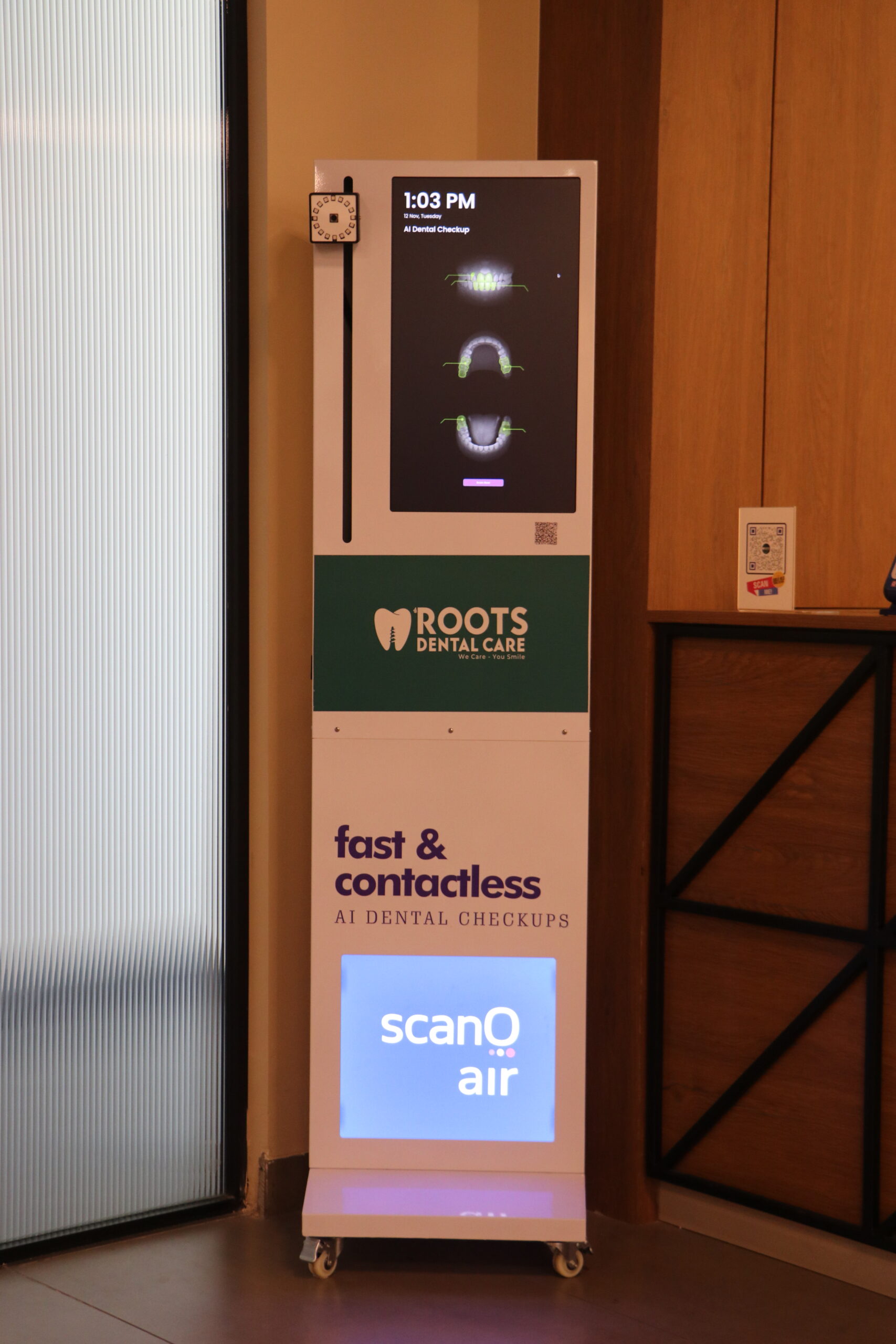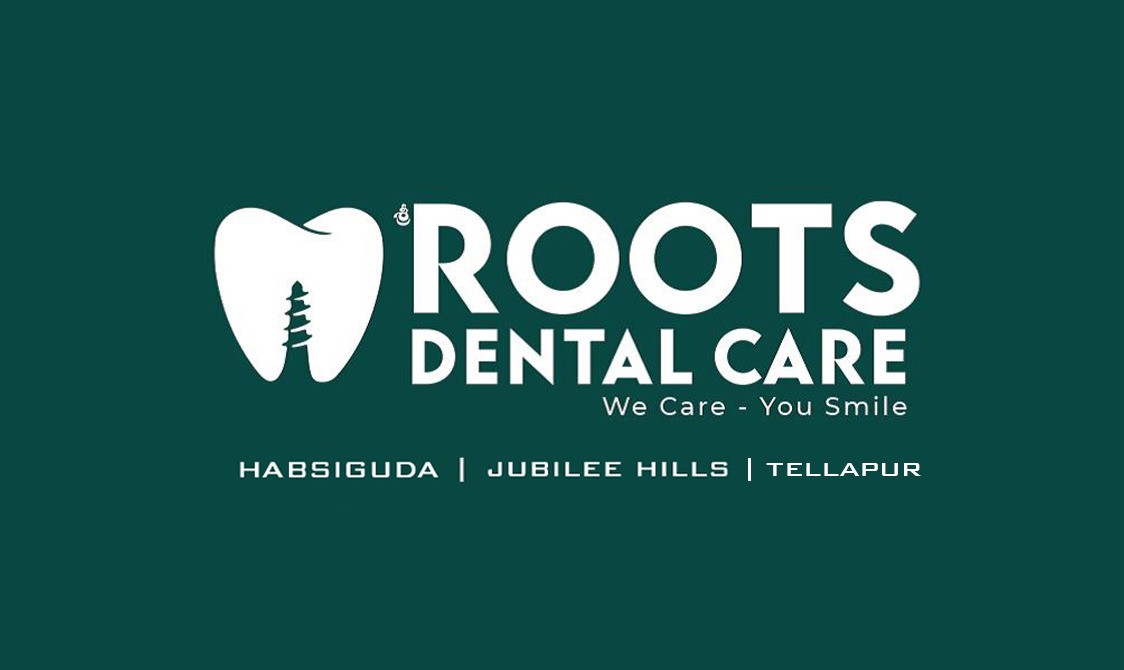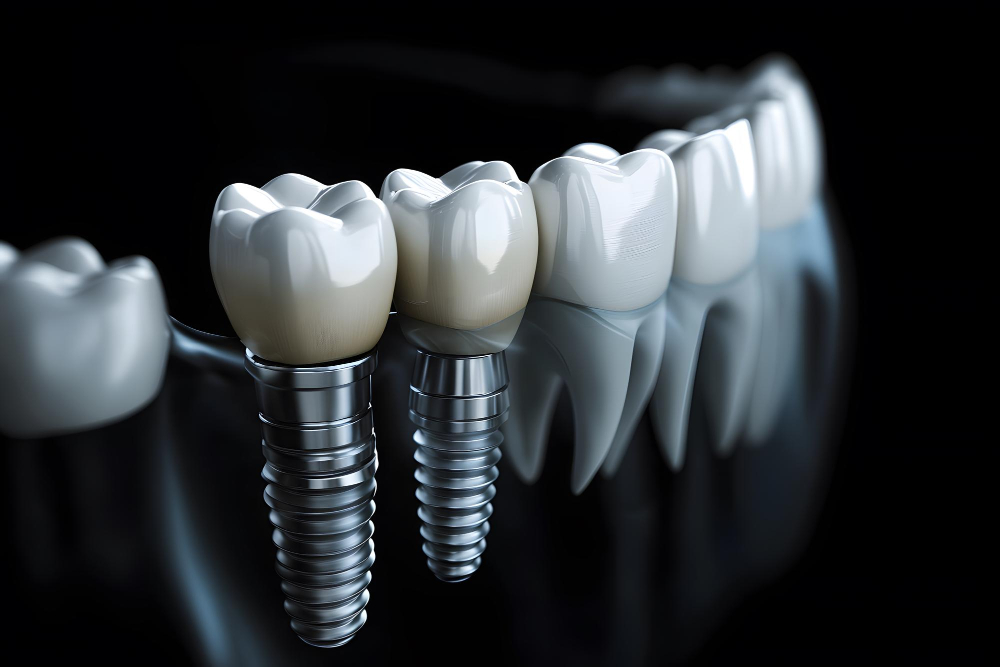
Wisdom teeth, also known as third molars, are the last set of teeth located at the very back of the mouth. For most people, these teeth emerge in late adolescence or early adulthood, typically between the ages of 17 and 25. While some individuals have no issues with their wisdom teeth, for others, the arrival of these teeth can lead to significant oral health problems. In many cases, extracting wisdom teeth becomes a necessary step to preserve oral health and prevent long-term complications.
If you’ve been told by a dentist or oral surgeon that you need to have your wisdom teeth removed, you may have a lot of questions. Why is it necessary? What are the risks of leaving them in? How does extraction improve your overall oral health? This comprehensive guide will explain everything you need to know about wisdom teeth extraction, the reasons why it’s essential for your oral health, and how it can benefit you in the long run.
Understanding Wisdom Teeth What Are Wisdom Teeth?
Wisdom teeth are the third and final set of molars that typically emerge during late adolescence or early adulthood. These teeth are located at the back of the mouth and are the last teeth to erupt. Historically, wisdom teeth were useful for our ancestors who had a tougher diet and needed extra teeth for grinding and breaking down food. However, over time, human diets have changed, and many people now have smaller jaws that may not have enough space to accommodate these extra teeth.
Why Do We Have Wisdom Teeth?
The function of wisdom teeth has diminished over time due to evolutionary changes in human anatomy. In the past, early humans had larger jaws and tougher, rawer foods that required more chewing. The extra set of molars helped with the grinding and processing of food. As humans evolved and their diets became softer, the need for wisdom teeth decreased.
Even though they may not be as necessary today, wisdom teeth still develop in many people. However, there is often not enough room in the mouth for these teeth to emerge properly, which leads to a variety of dental problems.
Why Wisdom Teeth Extraction is Essential for Oral Health
While some people experience no issues with their wisdom teeth, for many others, extraction becomes necessary to prevent or address oral health issues. Below are some of the most common reasons why wisdom teeth extraction is essential:
1. Impacted Wisdom Teeth
One of the most common reasons for wisdom teeth extraction is impaction. Impacted wisdom teeth occur when there isn’t enough space in the mouth for the teeth to fully emerge. This can cause the teeth to become trapped beneath the gumline or emerge at an angle, leading to pain, swelling, and infection.
Impacted wisdom teeth can also lead to damage to adjacent teeth, which may cause misalignment of your bite. If left untreated, impaction can result in more severe complications, including gum disease and tooth decay. The longer you wait to address impacted wisdom teeth, the more complicated and costly the treatment may become.
2. Risk of Infection
As wisdom teeth emerge, they can create a gap between the tooth and the gum, which can become a breeding ground for bacteria. This creates a higher risk of infection, especially if the teeth are partially impacted or have not fully erupted. Infection in the area around the wisdom teeth can lead to painful symptoms such as swelling, bleeding, and difficulty opening your mouth.
If left untreated, an infection in the wisdom teeth area can spread to the jawbone, surrounding teeth, and even the bloodstream, leading to more serious health complications. The best way to prevent these infections is through early extraction, which can eliminate the risk before it becomes a problem.
3. Crowding and Misalignment
Another reason for wisdom teeth extraction is to prevent crowding and misalignment of the teeth. As wisdom teeth begin to emerge, they can push against neighboring teeth, causing them to shift. This can lead to crooked teeth, bite issues, and a misaligned smile. If you’ve spent years investing in orthodontics to straighten your teeth, the eruption of wisdom teeth could undo all of that hard work.
Extracting wisdom teeth before they have the chance to affect your other teeth is especially important if you’ve had braces or have undergone other orthodontic treatments. By removing the wisdom teeth early, you can avoid having to go through the process of straightening your teeth again.
4. Cyst and Tumor Formation
In some rare cases, wisdom teeth can cause the formation of cysts or tumors. When a wisdom tooth is impacted, it can create a sac of fluid that may develop into a cyst. These cysts can damage the surrounding bones and teeth and may even cause nerve damage if left untreated.
If a cyst becomes large enough, it can displace the teeth or even cause structural changes in the jawbone. Removing wisdom teeth early can help prevent the development of these cysts or tumors and preserve the integrity of your jaw and surrounding teeth.
5. Gum Disease
As wisdom teeth emerge, they can be difficult to clean properly, leading to the buildup of plaque and bacteria. This can increase the risk of gum disease (gingivitis) around the wisdom teeth area. Gingivitis is an inflammation of the gums that can lead to more serious dental problems if left untreated.
If your wisdom teeth are not extracted, they may continue to contribute to plaque buildup, which could eventually result in periodontal disease (severe gum disease) and even tooth loss. Extraction can help you maintain good oral hygiene and reduce the risk of gum disease in the long run.
6. Tooth Decay
Since wisdom teeth are located at the back of the mouth, they can be challenging to clean properly. Their location makes it difficult to reach them with a toothbrush or floss, which increases the risk of tooth decay. If the wisdom teeth are impacted or partially erupted, food and bacteria can become trapped, accelerating the development of cavities.
The longer wisdom teeth are left in the mouth, the higher the risk of tooth decay and infection. Removing them before they can cause damage to the surrounding teeth is a preventive measure that can save you from painful and costly dental treatments in the future.
7. Preventing Future Complications
Even if your wisdom teeth are not causing immediate issues, leaving them in place could lead to complications down the line. Since wisdom teeth typically erupt in your late teens or early twenties, it’s best to have them evaluated by a dentist or oral surgeon during this time. At this age, the roots of the wisdom teeth are not fully developed, which makes the extraction process easier and less invasive than it would be later in life.
By having your wisdom teeth removed at a younger age, you can prevent the need for more complicated and costly procedures later on. It’s easier to address any potential issues before they become a bigger problem.
The Wisdom Teeth Extraction Process
If your dentist or oral surgeon recommends wisdom teeth extraction, here’s what you can expect from the procedure:
1. Consultation and Evaluation
Before scheduling the extraction, your dentist or oral surgeon will evaluate your oral health and take X-rays to determine the position of your wisdom teeth. This helps them assess the level of impaction and decide on the best approach for extraction.
During this consultation, you’ll have the opportunity to discuss any concerns or questions you may have about the procedure, including anesthesia options and recovery.
2. Anesthesia
Wisdom teeth extraction is typically performed under local anesthesia, which numbs the area around the teeth, or general anesthesia, which puts you to sleep during the procedure. Your oral surgeon will discuss the best option for you based on the complexity of the extraction and your personal preferences.
3. Extraction
The extraction process itself typically involves making a small incision in the gum to access the impacted teeth. In some cases, the teeth may need to be broken into smaller pieces to facilitate removal. The procedure usually takes about 45 minutes to an hour, depending on the complexity of the extraction.
4. Post-Operative Care
After the procedure, you’ll be given instructions for post-operative care to ensure proper healing. This includes guidelines on pain management, avoiding certain foods, and practicing good oral hygiene. You may experience swelling, bruising, and mild discomfort in the days following the extraction, but these symptoms typically subside within a week.
5. Follow-Up Appointments
Your oral surgeon will schedule follow-up appointments to monitor your healing progress and address any concerns. Most people recover fully within a few weeks, but it’s important to attend these appointments to ensure everything is healing as expected.
The Benefits of Wisdom Teeth Extraction
While wisdom teeth extraction may seem like a daunting procedure, it offers a range of benefits for your oral health, including:
- Prevention of Future Problems: Extracting your wisdom teeth before they cause issues can prevent complications such as impaction, infection, and tooth decay.
- Preservation of Your Smile: By removing wisdom teeth that could cause crowding or misalignment, you can protect the results of any orthodontic treatments.
- Reduced Risk of Infection: Removing impacted or partially erupted wisdom teeth eliminates the risk of bacterial infections that can affect your gums and other teeth.
- Improved Oral Hygiene: With your wisdom teeth removed, it becomes easier to clean your mouth and prevent the buildup of plaque and bacteria that could lead to gum disease and tooth decay.
- Peace of Mind: Knowing that your wisdom teeth have been removed can provide peace of mind and help you avoid future dental procedures related to these problematic teeth.
Conclusion
Wisdom teeth extraction is an essential step in maintaining long-term oral health for many people. While some individuals may not experience any problems with their wisdom teeth, others face complications such as impaction, infection, and misalignment. By choosing to remove wisdom teeth early, you can prevent these issues and protect your smile for years to come.
If you are considering wisdom teeth extraction, it’s important to consult with a qualified dentist or oral surgeon who can evaluate your situation and guide you through the process. With proper care and attention, you can ensure that your oral health remains in top condition, minimizing the risk of future complications and preserving your beautiful, healthy smile.
FAQs:
- Why do I need to have my wisdom teeth extracted?
Wisdom teeth extraction is often necessary to prevent issues like impaction, infection, tooth decay, gum disease, and misalignment. Removing them early can help preserve your oral health. - What happens if I don’t get my wisdom teeth removed?
Leaving wisdom teeth in place can lead to complications such as pain, infection, crowding, misalignment of teeth, and potential cyst or tumor formation. It may also cause difficulty in cleaning your teeth properly. - What are impacted wisdom teeth?
Impacted wisdom teeth occur when there isn’t enough space in the mouth for the teeth to fully emerge, causing them to become trapped beneath the gumline or erupt at an angle, which can result in pain and damage to adjacent teeth. - Is wisdom teeth extraction painful?
The procedure is typically done under anesthesia, so you won’t feel pain during the extraction. Post-procedure discomfort is usually mild and manageable with pain medication, and it typically subsides within a week. - How long does it take to recover from wisdom teeth extraction?
Recovery time varies, but most people heal within a few weeks. Swelling and discomfort should subside within the first few days, with follow-up appointments to monitor healing progress. - At what age should I get my wisdom teeth removed?
It’s generally recommended to have wisdom teeth evaluated and possibly extracted during late adolescence or early adulthood (ages 17–25), as this can make the procedure easier and less complicated. - Can wisdom teeth removal improve my smile?
Yes, removing wisdom teeth can prevent crowding and misalignment, especially if you’ve had orthodontic treatment, helping to preserve the alignment of your teeth and smile. - What are the benefits of getting my wisdom teeth extracted?
Benefits include preventing future dental issues, preserving your smile, reducing the risk of infection, improving oral hygiene, and providing peace of mind by avoiding potential complications. - How is the wisdom teeth extraction procedure done?
The extraction involves numbing the area with anesthesia, making an incision to access the teeth, and removing them, which may require breaking the teeth into smaller pieces. The procedure typically lasts 45 minutes to an hour. - Will I need follow-up care after wisdom teeth removal?
Yes, after extraction, you will need follow-up appointments to ensure proper healing and address any concerns. You’ll also receive care instructions to help with your recovery.


